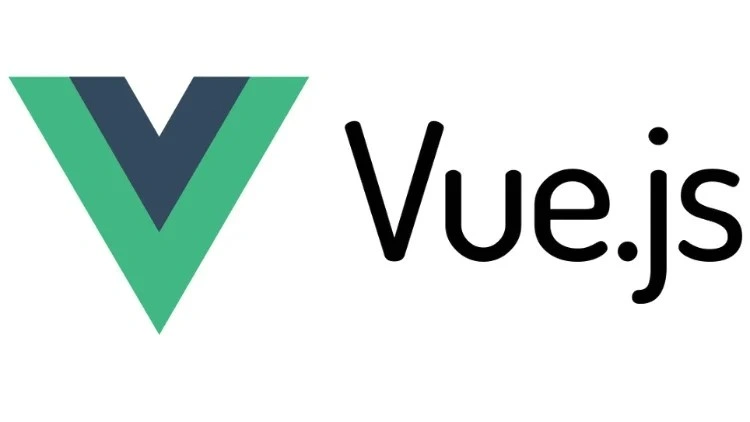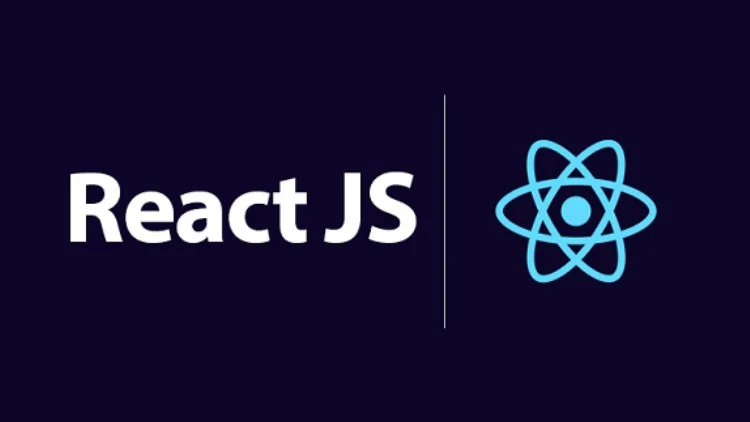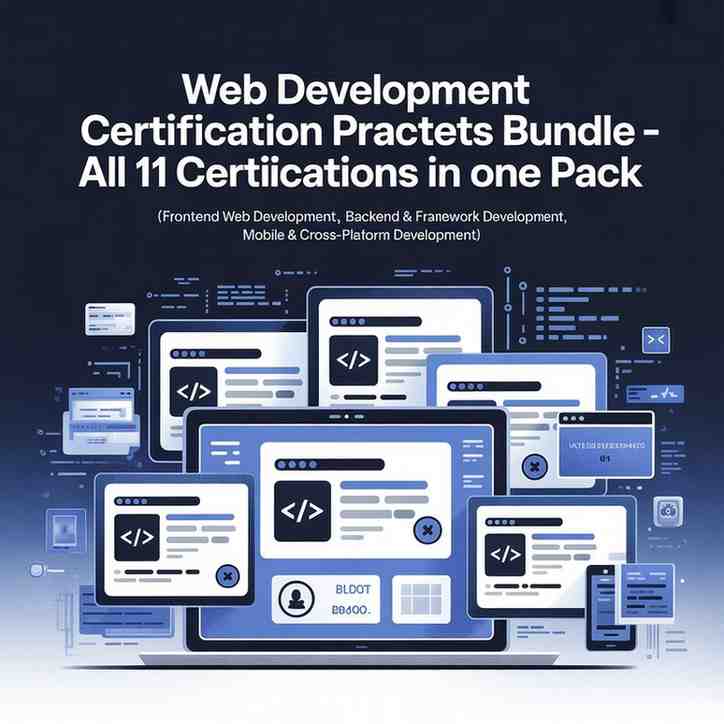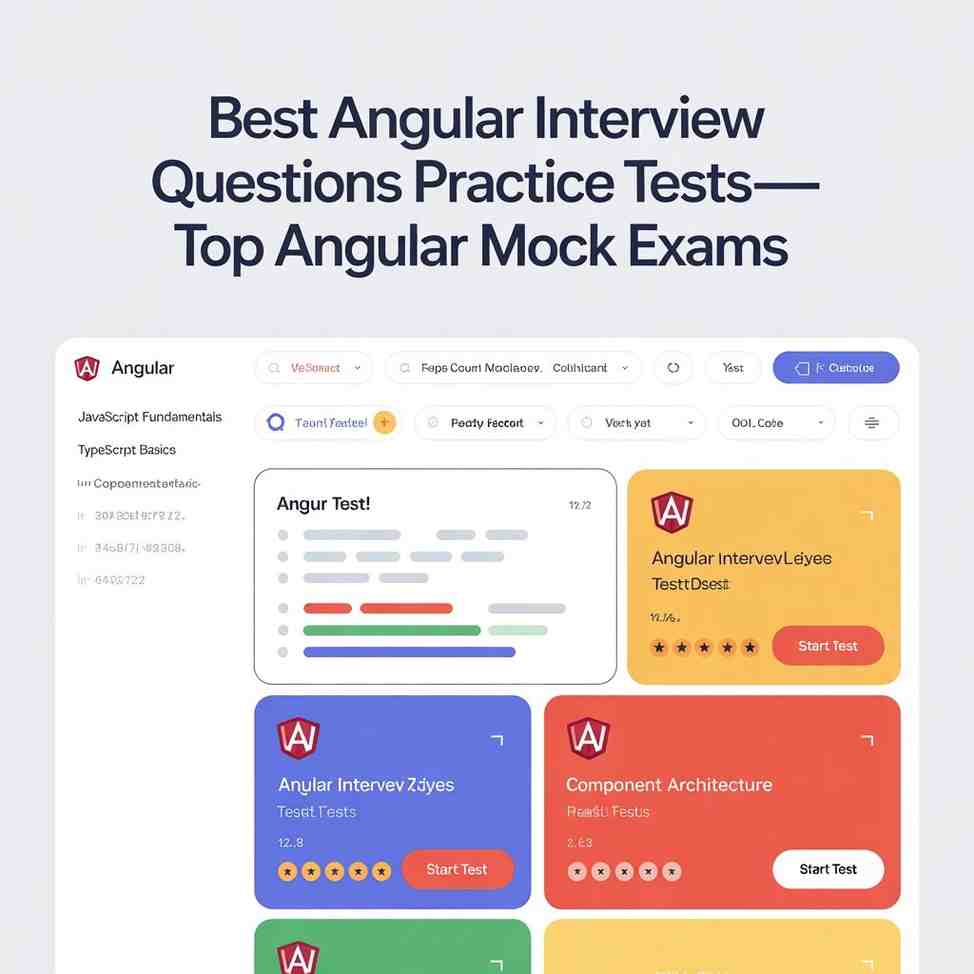Introduction
“Nothing stings like bombing a question you should’ve aced.” – Me, after a Vue.js interview faceplant
You’re in the hot seat, your Vue.js projects sparkling on your resume, when the interviewer throws you a curveball: “Why’s this v-model not binding?” Your heart skips, but if you’re prepped, you’re already spitting out the answer. Vue.js, the slick framework powering apps for big shots like Alibaba, is a hot ticket in 2025, racking up 1.5 million weekly downloads on npm. But here’s the kicker: Vue.js interview questions are a gauntlet, and 95% of interviewers lean on a handful of go-to questions to test your chops.
I’m laying out the 10 Vue.js interview questions you’ll almost definitely face, complete with answers, explanations, and tips from my own wild ride through coding interviews. I’ve flubbed my share of questions and learned what makes a response pop. Whether you’re chasing your first dev job or gunning for a senior role, this list will supercharge your Vue.js interview preparation. Ready to walk into that interview like a boss? Let’s dive in!
Why These Questions Are Interview Gold
Vue.js interviews in 2025 aren’t just about coding—they’re about showing you can:
Build apps that respond like lightning
Debug weird bugs without panicking
Use Vue 3’s fancy new tricks, like the Composition API
Keep things running smooth and fast
I got burned once when a Vuex question left me stammering. That flop pushed me to nail down Vue.js interview questions, and now I’m spilling the beans on the 10 that 95% of interviewers ask, based on my own battles and what’s trending in 2025 hiring. These cover the must-knows, from basics to coding challenges, so you’re ready for anything.
The 10 Vue.js Interview Questions You’ll Face
Here’s the deal: 10 Vue.js interview questions that 95% of interviewers love to ask, grouped by topic. Each comes with a question, answer, explanation, and a tip from my own interview highs and lows.
1. What’s Vue.js, and why’s it still a big deal in 2025?
Vue.js is a lightweight JavaScript framework for crafting user interfaces, loved for its dead-simple syntax, reactive data, and component setup. In 2025, it’s huge thanks to Vue 3’s Composition API, a tiny 20KB footprint, and tools like Vite and Pinia that make building fast apps a breeze.
What’s Going On: They’re checking if you get Vue’s vibe and why it’s a go-to. Dropping Vue 3 and Vite shows you’re up to speed.
My Tip: I scored points by mentioning GitLab’s Vue.js apps. Toss in a big-name user like Alibaba to sound legit.
2. How does Vue.js make things reactive?
Vue 3 uses JavaScript Proxies to track data changes and update the UI automatically. Vue 2 leaned on Object.defineProperty, but Proxies are smoother and handle more cases.
What’s Going On: Reactivity’s the heart of Vue, and explaining Proxies proves you know Vue 3.
My Tip: I choked on this once. Keep it chill: “Vue spots data changes and refreshes the screen for you.”
3. What’s the difference between v-if and v-show?
v-if adds or yanks elements from the DOM based on a condition. v-show just hides them with CSS (display: none), leaving them in the DOM. v-if is slower for flipping back and forth; v-show’s better for quick toggles.
What’s Going On: This tests if you know rendering and when to save performance.
My Tip: I mixed these up in a quiz. Use v-if for big layout shifts, v-show for hide-and-show stuff.
4. How does v-model actually work?
v-model sets up two-way binding on inputs, tying :value to data and @input to updates. Like this:
<!-- Same as -->
What’s Going On: They want to see you understand two-way binding under the hood.
My Tip: I nailed this by coding a custom v-model. Try it for senior gigs—it’s a flex.
5. How do you move data between components?
Pass data with props from parent to child, send events ($emit) from child to parent, or use provide/inject or Pinia for shared stuff. Example:
<!-- Parent -->
export default {
data() {
return { text: 'Hey!' };
},
methods: { handleChange(value) { this.text = value; } }
};
<!-- Child -->
<button>Update</button>
export default { props: ['text'] };
What’s Going On: This checks if you know how components talk.
My Tip: I aced this by suggesting Pinia for big apps. Know when to keep it simple vs. going all-in on state management
6. What’s Vuex, and when do you really need it?
Vuex is Vue’s state management tool for handling shared data, like user logins or app-wide settings. It’s great for big apps, but for smaller ones, Pinia or local state does the trick.
What’s Going On: They’re testing if you pick the right tool for the job.
My Tip: I jammed Vuex into a tiny app once—overkill. Pitch Pinia as a 2025 favorite.
Resource: Gururo’s Vue.js practice tests have Vuex questions to get you ready.
7. How do you deal with async stuff in Vuex?
Use actions for async tasks, then commit mutations to update state
import { createStore } from 'vuex';
export default createStore({
state: { data: null },
mutations: { setData(state, payload) { state.data = payload; } },
actions: {
async fetchData({ commit }) {
const response = await fetch('https://api.example.com/data');
commit('setData', await response.json());
}
}
});
What’s Going On: This makes sure you follow Vuex’s strict rules.
My Tip: I botched this in an interview. Always use commit in actions, never mess with state directly.
8. How do you grab and show API data in Vue.js?
<div>Hold tight...</div>
<ul>
<li>{{ post.title }}</li>
</ul>
import { ref } from 'vue';
export default {
setup() {
const posts = ref([]);
const loading = ref(true);
fetch('https://jsonplaceholder.typicode.com/posts')
.then(res => res.json())
.then(data => { posts.value = data; loading.value = false; });
return { posts, loading };
}
};
What’s Going On: This tests how you handle async data and keep the UI smooth.
My Tip: I forgot error handling in a test. Throw in a try-catch to look like a pro.
9. How do you make a reusable component?
<!-- MyCard.vue -->
<div>Default Card</div>
export default {
props: {
style: { type: String, default: 'basic' }
}
};
<!-- Usage -->
Cool Card
What’s Going On: Reusable components need props and slots to stay flexible.
My Tip: I reused a card across apps. Play up slots to show you get reusability.
10. How do you debug a Vue.js app?
Use Vue DevTools to peek at components, state, and events. Add console logs, set breakpoints in Chrome DevTools, and check Vue’s warn logs:
export default {
mounted() {
console.log('Debug time!');
}
};
What’s Going On: Debugging’s a real-world must-have.
My Tip: I cracked a bug with Vue DevTools. It’s a game-changer—mention it every time.
How to Nail These Questions
These 10 Vue.js interview questions are your shortcut to killing it in interviews. Here’s how I make them stick:
Code Them Up: Build each answer in CodeSandbox to get hands-on.
Talk It Out: I practiced explaining answers aloud to sound smooth.
Build Something: Turn these into a small app, like a note-taker, to show you mean business.
Learn from Screw-Ups: I got Vuex right by picking apart my mistakes.
Grab Tools: Gururo’s Vue.js practice tests are killer for mock interviews.
My Story: My pal Sam prepped for a Vue.js interview by grinding Vue.js interview questions. He nailed a v-if vs. v-show question in 2024 and snagged a junior dev job. Practice turns panic into power!
Interview Traps to Skip
I’ve tripped over my share. Here’s how to stay steady:
Ignoring Vue 3: The Composition API is everywhere in 2025—know it.
Overdoing Vuex: I stuffed Vuex into a small app. Pinia’s often better.
Ditching Debug Tools: Vue DevTools saved my bacon. Don’t just console.log.
Cool Fact: Evan You kicked off Vue.js in 2014, wanting a simpler take on Angular. By 2025, it’s got over 200,000 GitHub stars and counting!
Extra Goodies
Books:
Vue.js: Up and Running by Callum Macrae—great for all levels.
Learning Vue.js 2 by Olga Filipova for deeper stuff.
Tools:
Vue DevTools for debugging like a pro.
Vite for speedy Vue.js builds.
Websites:
Vue.js Docs (vuejs.org) for the real deal.
Communities:
Vue.js Developers on Facebook.
r/vuejs on Reddit for geeky chats.
Wrapping It Up
The 10 Vue.js interview questions that 95% of interviewers ask are your fast track to crushing Vue.js interviews in 2025. From nailing reactivity to debugging like a champ, these cover what hiring folks want. Practice them, build a quick app, and walk in ready to shine. Your dream job’s closer than you think.
Wanna get started? Pick three questions, code them up, and explain them to a buddy. As one coder told me, “You learn to code by breaking stuff.” Keep coding, and you’ll own that interview. Drop your toughest question in the comments or tweet me your prep—I’m rooting for you!
Nail your 2025 Vue.js interviews with Gururo’s Vue.js interview questions—packed with 100+ targeted practice tests, detailed explanations, and mock exams to boost your Vue.js interview preparation and land that dream job!
FAQs
What are the must-know Vue.js interview questions for 2025?
Reactivity, v-model, and Vuex are essential Vue.js interview questions for Vue.js interview preparation.
How can I ace Vue.js interview questions for 2025?
Practice Vue.js coding interview questions on Gururo, master Vue 3, and debug with Vue DevTools.
Are Vue.js interview questions for beginners tough?
No, Vue.js interview questions for beginners like v-if and props are straightforward with practice.
Where can I find common Vue.js interview questions and answers?
Gururo offers common Vue.js interview questions and answers with practical examples
What are essential Vue.js interview questions?
Vue.js interview questions on reactivity, components, and API fetching are essential Vue.js interview questions
How do Vue.js interview questions help with Vue.js interview preparation?
They build confidence in coding and theory for Vue.js interview preparation

















